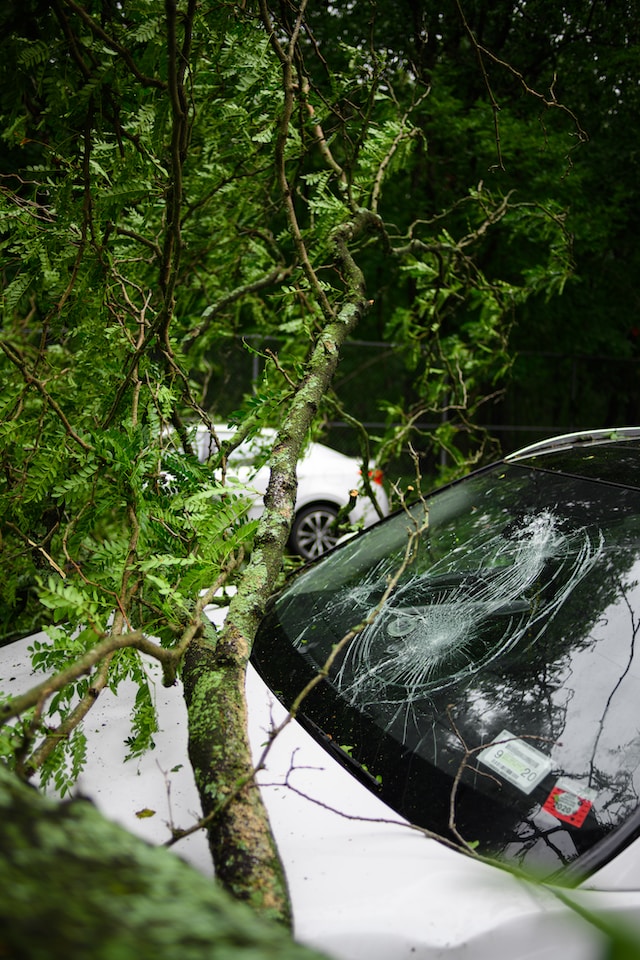Ever wondered how your home equity can influence your auto glass repairs? You’re about to dive into an engaging exploration of the surprising connection between reverse mortgages and windshield equity. You’ll discover insightful economic principles behind these two seemingly unrelated domains. As you navigate this fascinating journey, you’re going to unravel the intricate link between home and auto repairs that’s often overlooked. You’ll learn how to build your windshield equity, just as you would with your home. So get ready to grasp an unconventional perspective on managing your assets and expenses.
Key Takeaways
- Reverse Mortgage Palm Desert allows homeowners to convert home equity into cash, providing a source of income for retirees.
- Auto glass repairs can vary in cost depending on the extent of damage and the type of vehicle.
- Investing in home and auto repairs can protect financial investments and preserve value.
- Building windshield equity through regular maintenance and prompt repair can enhance a car’s lifespan, performance, and value.
Understanding Reverse Mortgages
Before we delve into the connection between reverse mortgages and auto glass repairs, it’s essential you grasp the basic concept of a reverse mortgage. Don’t let mortgage misconceptions cloud your understanding; a reverse mortgage is a financial tool that allows homeowners, typically in their retirement years, to convert part of their home equity into cash.
In the realm of retirement planning, this tool can serve as a lifeline, providing an income stream for those no longer in the workforce. It’s crucial to note, however, that reverse mortgages aren’t free money. They are loans that will eventually need to be paid back, usually when the homeowner sells the house, moves out, or passes away.
The reverse mortgage lender calculates the loan amount based on the home’s appraised value, the homeowner’s age, and current interest rates. The older you are and the more your home is worth, the more you can borrow. But remember, while this can provide a financial cushion in retirement, it’s not without its risks and should be considered as part of a diversified retirement plan.
The Economics of Auto Glass Repairs
Now that you’re familiar with reverse mortgages, let’s shift gears and dive into the economics of auto glass repairs. It’s important to understand the cost analysis and repair techniques involved in this industry.
The cost of auto glass repairs can vary greatly, depending on several factors:
- The extent of the damage: Minor chips or cracks are less expensive to fix than major damages requiring a full windshield replacement.
- The type of vehicle: Luxury or specialty cars often have more expensive glass parts than standard models.
- The repair techniques used: Advanced methods, such as high-tech resin applications, may cost more but provide better results.
It’s also crucial to note that the cost-effectiveness of repair versus replacement is a major decision point. Sometimes, investing in a new windshield is more economical in the long run than multiple repairs.
In the auto glass repair economics, efficiency, skill, and understanding customer needs are paramount. The industry thrives on delivering quality service at competitive prices.
Now, armed with an understanding of the economics of auto glass repairs, let’s transition into the subsequent section about ‘the intricate link: home and auto repairs’.
The Intricate Link: Home and Auto Repairs
In this vast landscape of home and auto repairs, you’ll notice a surprising amount of overlap and interconnection. Household maintenance and vehicle preservation aren’t just individual tasks; they’re part of an intricate web of financial and practical considerations that can impact each other significantly.
When you invest in your home, you’re not only preserving its value but also ensuring a comfortable living environment. Similarly, maintaining your vehicle isn’t just about avoiding breakdowns; it’s also about preserving its value and ensuring it can reliably get you from point A to point B.
In both cases, you’re also potentially protecting your financial investment. Just as reverse mortgages can give you access to the equity in your home, regular auto repairs can help you maintain the value of your vehicle, which could be important if you ever decide to sell it or use it as collateral for a loan.
As you navigate these interlocking domains, you’ll start to see that they’re not just about maintenance and preservation. They’re also about equity and financial security. Now, let’s take a closer look at building your windshield equity, another essential part of this complex equation.
Building Your Windshield Equity
Building your windshield equity, you’re not only enhancing your car’s lifespan and performance, but also boosting its overall value and financial worth. It’s a strategic move that can yield significant long-term benefits if you take the right steps.
To start with, we must understand the dual role of your windshield. It is not just a barrier against the elements; it’s a critical structural component of your car. Hence, the importance of maintaining it in top-notch condition.
Consider these points:
- Insurance Coverage: Always ensure that your policy covers auto glass repairs. This way, you’re not bearing the brunt of the cost when damage occurs. Besides, insurance companies usually prefer repairs over replacements, as it’s cost-effective and environmentally friendly.
- Manufacturer Quality: Opt for auto glass that matches the quality of the original manufacturer. This ensures that your windshield stands up to stress and adversities, thereby upholding its equity.
- Routine Maintenance: Regular inspection and prompt repair of minor damages prevent them from escalating into major issues.
Conclusion
Just like a well-maintained home can increase your home equity, timely auto glass repairs can build your ‘windshield equity’. In the same vein as reverse mortgages, consider regular maintenance as an investment in your vehicle’s value. You’re not just keeping up appearances; you’re thoughtfully investing in your asset. So, don’t overlook that chip in your windshield – it could be the key to unlocking your car’s full potential.
